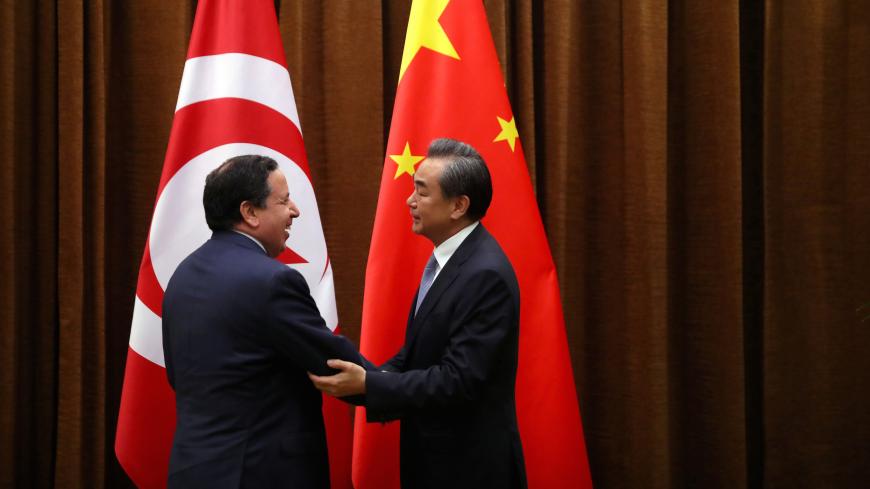In late 1963, Chinese Premier Zhou Enlai embarked on a whirlwind tour of 10 African countries. It was a strategic time to visit: The Cold War was raging, and newly independent countries across the African continent found themselves forced to choose between two camps, East and West. Algeria, Egypt and later Libya all swung toward the communist bloc. Unlike its near neighbors, Tunisia, then under the rule of secular nationalist Habib Bourguiba, chose a pro-Western political stance.
Though Zhou’s visit to Tunis ultimately resulted in the establishment of diplomatic ties between the two countries, tensions were high, with Bourguiba criticizing China’s handling of its territorial dispute with India and China's disapproval of the 1963 Partial Test Ban Treaty. Bourguiba went on to sharply tell Zhou that “harboring ‘common goals’ is not enough because different approaches could also ‘create distance’ between people.”


